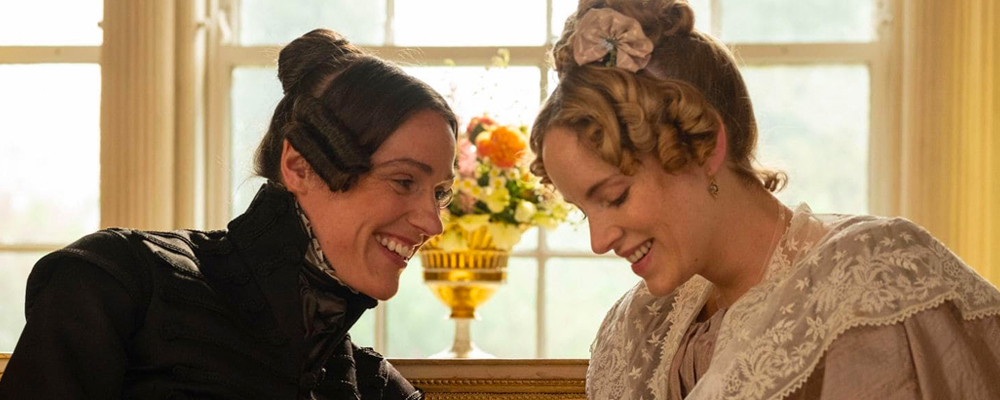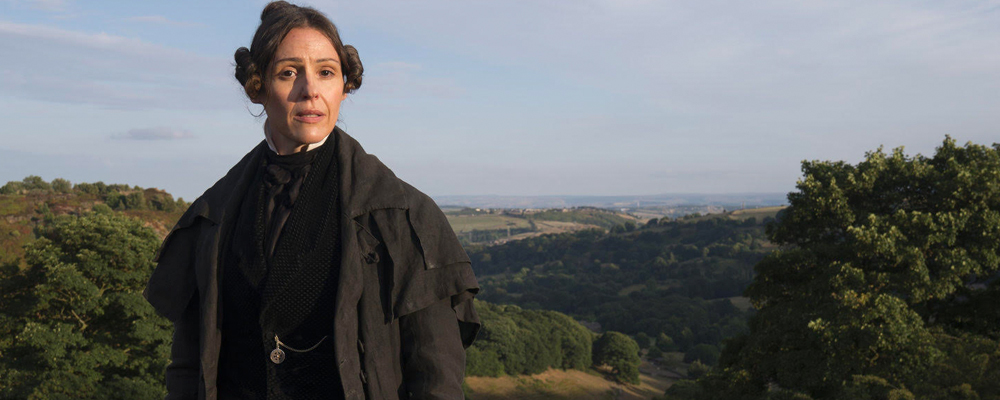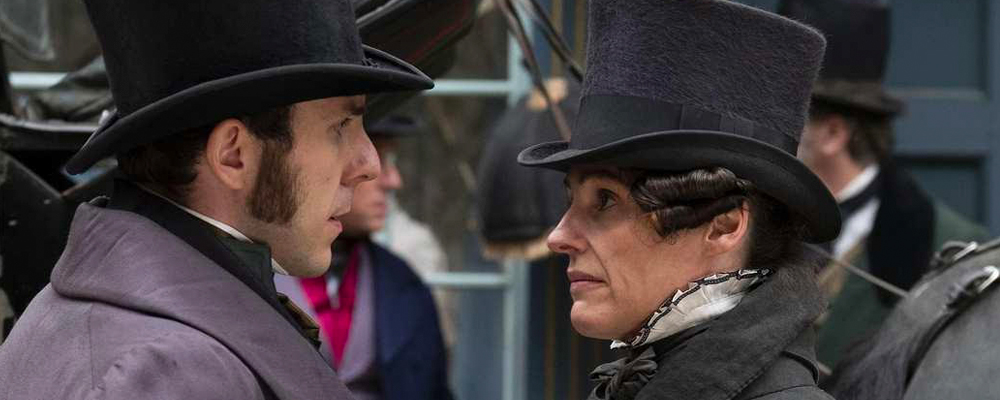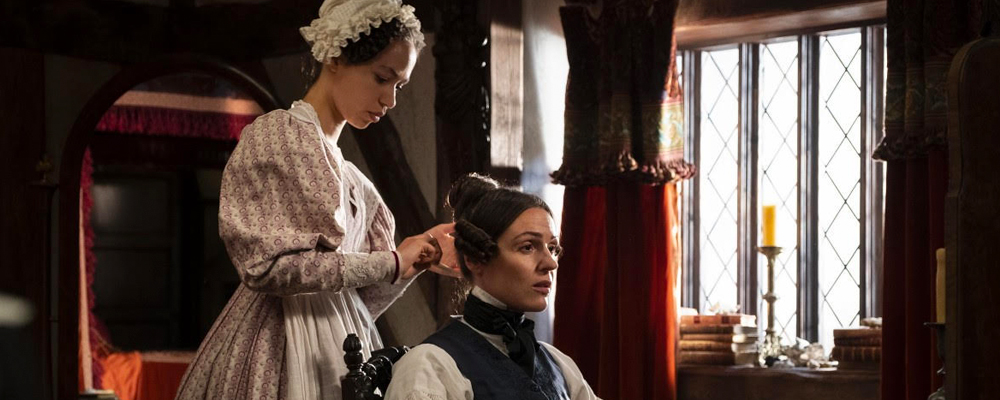HBO’s ‘Gentleman Jack’ Dramatizes the True Story of Anne Lister, a 19th Century Lesbian Who Defied the Rules
Alci Rengifo
Defying gender norms and social codes, Anne Lister was quite ahead of her time while walking around 19th century England. HBO’s new series “Gentleman Jack” bases itself mostly on Lister’s now legendary diary which is composed of about 4 million words. Not only was Lister a landowner, but also a lesbian at a time when such an orientation was simply not spoken of, particularly in the halls of British aristocracy. This show recasts Lister as an icon more suited for these times, turning her into a defiant feminist rebel dangerously searching for love.
It is 1832 in West Yorkshire, England and Anne Lister (Suranne Jones) returns to her ancestral home. She is still getting over a failed love affair with another aristocratic woman, Marianne Lawton (Lydia Leonard) which ended when Lawton was married off. Now Anne, known as “Gentleman Jack” to her neighbors for her open use of men’s fashion, takes control of the family estate, Shibdhen Hall, and plans to revitalize it by excavating its coal mines. Living at the home are Anne’s other relatives which include her more serious sister Marian (Gemma Whelan), their father Jeremy (Timothy West) and aunt Anne (Gemma Jones). There is regular pressure on Anne to marry, even from clandestine lovers, since in this world marriage is what defines much of your status. As a woman Anne has few rights when it comes to advancing. When a new neighbor arrives in the form of heiress Ann Walker (Sophie Rundle), Anne is smitten and decides she should get married, to Walker. Not only is this a complete gamble in 1830s England, but her own aims for the family coal business have caught the attention of local magistrate Christopher Rawson (Vincent Franklin) and his brother Jeremiah (Shaun Dooley).
It is the character of Anne Lister who truly becomes the heart and allure of this period show. “Gentleman Jack” is helmed by showrunner Sally Wainwright, who has also produced the British shows “Happy Valley” and “Last Tango in Halifax.” Wainwright is fascinated by female iconoclasts and has found the perfect one here. The tone of the show is both contemporary and a bit stuffy. Anne struts and grabs all the attention with the demeanor of a modern-day millennial, the effect is enhanced by the show’s music, which bounces with a lively fiddle more suited for a chart-topper than the pre-Victorian era. But on the other hand much of the show meanders on archaic disputes over land, titles, and account books. There are scenes where we truly do feel as if we are lounging around with overly-proper British elites.
The show is most alive when it focuses on Anne Lister’s passions and defiance of the system. Sometimes Suranne Jones exudes such impressive confidence that Lister can feel a bit unreal, for example she’s always the bravest soul in the room, unafraid to shoot down a lame horse or drive a carriage herself when the driver falls off. She arrives home, casually dusting herself off. When someone is obviously dying she shows little emotion, nonchalantly sharing a cynical joke. But this is what also makes her very entertaining and intriguing. She’s a Renaissance figure, commenting on the coal business in one scene then impressing Walker with her exploits dissecting the human body secretly at a school where she can’t study for being a woman. The plot gains more intensity as the romance between Anne and Walker takes shape. This kind of historical show depends on the fact that in the past, a simple romantic arrangement could doom you. Lesbian relationships were simply unimaginable. Lister’s own diaries are famous for using specific code words to describe sex or longing, sounding to the unaware reader as if she’s just narrating a trip to Italy. By the fifth episode of the season the emotions get more complicated, as Walker becomes more than just a younger paramour, sometimes dominating Anne instead of the other way around. There’s suspense because they must keep it all secret.
Like many period shows, there are many side characters in “Gentleman Jack,” but they serve more as comic relief. There is a cute side story involving Anne’s servant, Eugénie Pierre (Albane Courtois) discovers she’s pregnant and another house worker, John Booth (Thomas Howes), ponder if he can help by offering her marriage. Everyone else are simply bystanders to Anne, impressed by her daring. She is quite admirable in wanting to live as she is openly. If she can defy the relationship norms of the period, she is also striking a needed blow for women’s rights in general. To compliment her feisty spirit the show sometimes attempts stylistic touches like having her break the fourth wall, turning directly to stare at the audience. It doesn’t always flow well with the rest of the material, but it’s not forgettable either.
Beneath all the scenes about coal mining deals and aristocratic manners, “Gentleman Jack” still succeeds in introducing us to a fascinating person who lived her own way, when even something that simple was vehemently denied by society. Suranne Jones becomes the show, creating a true rebel who personified the idea that being yourself can sometimes be the most radical act.
“Gentleman Jack” season one premieres April 22 and airs Mondays at 10 p.m. ET on HBO.




